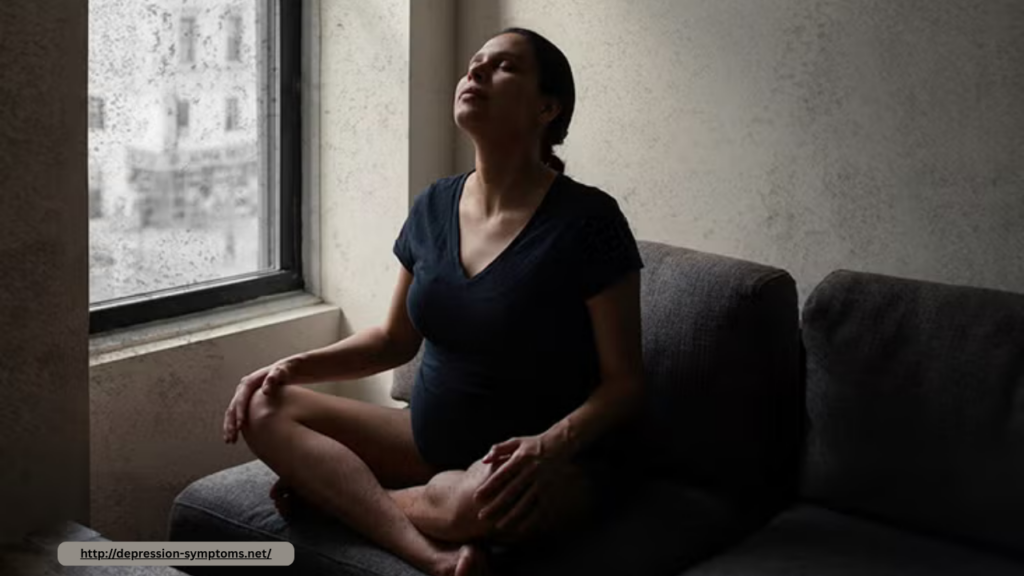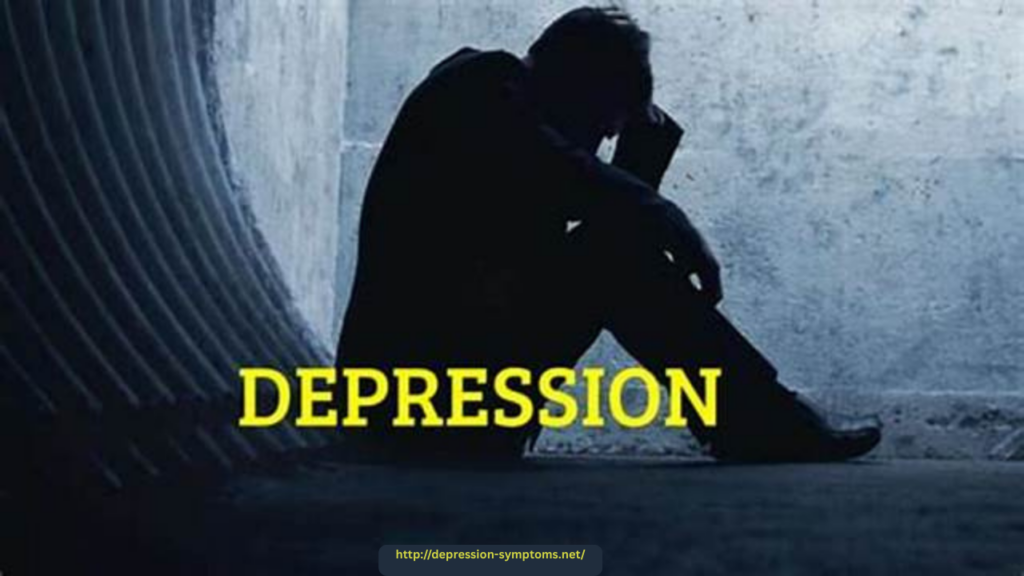
When most people think of depression, they picture someone who is constantly sad, crying, or withdrawn. While these are common symptoms, depression doesn’t always look the way we expect. In fact, many individuals experience atypical symptoms that can mask the condition entirely. These lesser-known signs can be easily dismissed or misunderstood—by others and even by those experiencing them.
Understanding the disguised forms of depression is crucial for early detection and treatment. Just because someone isn’t visibly “down” doesn’t mean they’re not struggling.
1. Irritability and Anger
Depression is often associated with sadness and low mood, but for many, especially men and teenagers, it may present as irritability, frustration, or even rage. Individuals might snap at loved ones, feel constantly annoyed, or have a short temper without understanding why. These emotional outbursts can strain relationships and isolate the individual further, worsening their depression.
2. Overeating and Weight Gain
While some people with depression lose their appetite, others experience the opposite. Cravings for carbohydrates or comfort food, frequent snacking, and noticeable weight gain can be signs of atypical depression. These behaviors are often attempts to self-soothe or boost serotonin levels, the brain chemical linked to mood regulation.
3. Excessive Sleeping (Hypersomnia)
Insomnia is a common symptom of depression, but hypersomnia, or sleeping too much, is less frequently discussed. People with atypical depression may sleep for 10 or more hours a night and still feel exhausted. This excessive need for rest can interfere with daily responsibilities and may be misinterpreted as laziness or lack of motivation.
4. Physical Sensitivity and Rejection Sensitivity
Atypical depression can include heightened sensitivity to rejection—whether real or perceived. A small criticism or feeling left out can trigger intense emotional pain or withdrawal. Additionally, some may experience physical heaviness in their limbs, feeling like their arms and legs are weighted down, a symptom sometimes described as “leaden paralysis.”
5. High Functioning Depression
Some people are able to maintain a job, appear social, and meet obligations while battling serious depressive symptoms internally. This condition is often referred to as high-functioning depression or, in clinical terms, persistent depressive disorder (dysthymia). Because their struggles are hidden behind productivity and smiles, they often go undiagnosed and untreated for years.
6. Substance Use and Risky Behavior
Some individuals unknowingly self-medicate their depression with alcohol, drugs, excessive spending, or risky sexual behavior. These coping mechanisms provide short-term relief but worsen the emotional pain in the long run. These behaviors can be dismissed as bad habits rather than red flags for a deeper mental health issue.
Why Atypical Symptoms Matter
Because these symptoms don’t match the classic profile of depression, they are frequently missed—by healthcare providers, friends, family, and even the individuals themselves. Yet they can be just as serious and disruptive as traditional symptoms.
If you or someone you know exhibits these signs, it’s important not to ignore them. Depression is treatable, and early recognition is key. Whether it’s therapy, medication, or lifestyle changes, support is available—and healing is possible.
